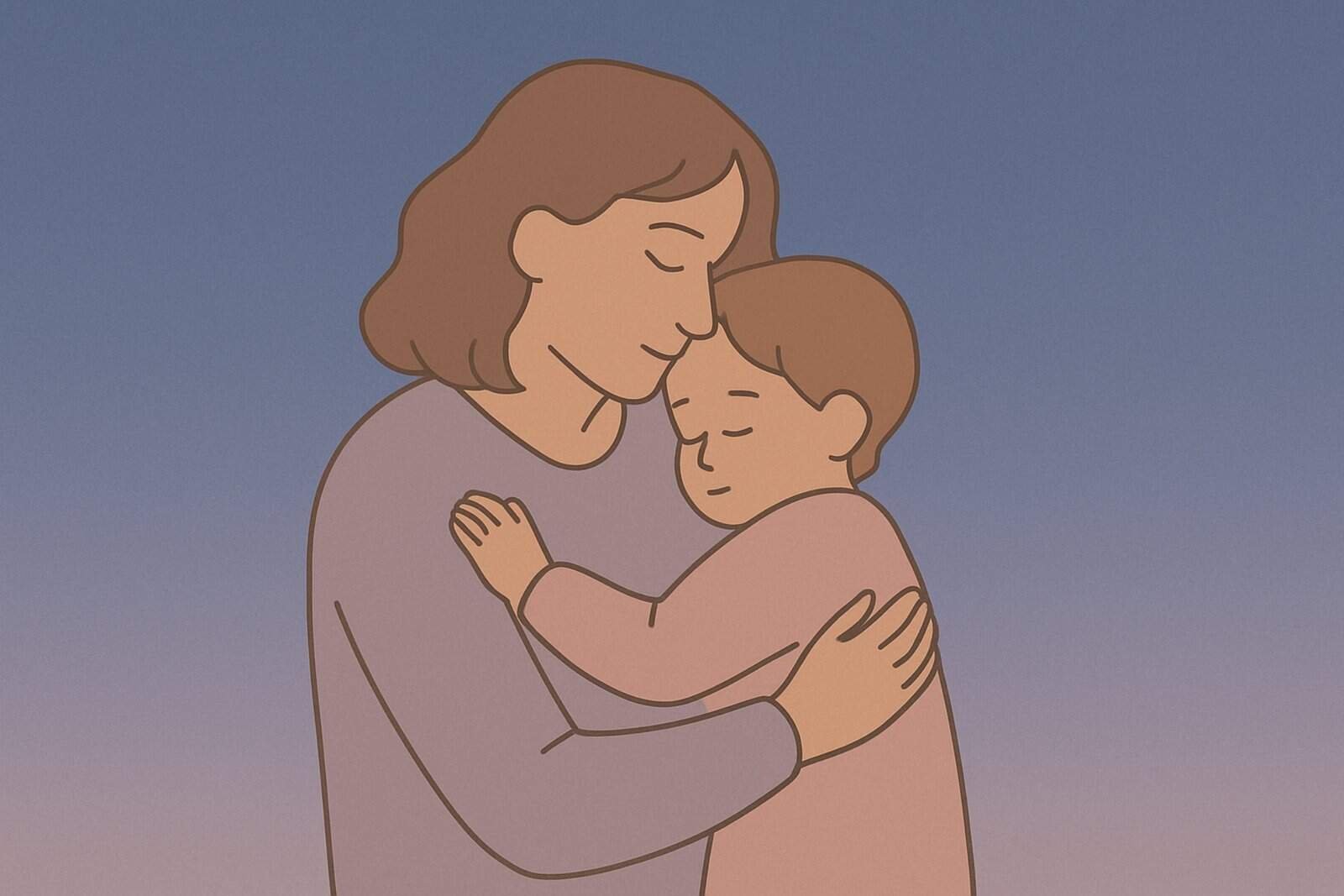Children are not miniature adults!
Modern neuroscience just delivered a body blow to Descartes. That tidy little split between mind and body—I think, therefore I am—has long shaped how we educate, parent, and even love. But a sweeping new study suggests something different: consciousness doesn’t arise from thought alone—it begins in the body, in sensation, in the quiet hum of the nervous system before the mind even finds words.
This matters, especially for parents.
In The Enneagram World of the Child, we emphasize a crucial truth: your child, between birth and six, is not a miniature adult. They’re not operating from logic, reason, or self-reflection. They’re not “misbehaving” because of poor choices—they’re becoming through feeling, sensing, and energetic absorption. They are emotion. They are experience.
To discipline a child as if they’re rational is to miss their reality entirely. It’s like trying to argue with a song.
Developmental neuroscience and the Enneagram both point to this: early ego identity is shaped not by thoughts, but by repeated energetic impressions. How safe they feel in your arms. How welcome their anger is. Whether your eyes light up at their joy or tighten at their fear.
The self doesn’t begin with “I think.”
It begins with “I feel.”
You’re doing something radical when you meet your child at that level—not to fix, instruct, or explain, but to be with them – they long to be met. You’re supporting a consciousness rooted in being, not just in knowing.
And that’s where real development begins.
John Harper is a longtime teacher, guide, and human development student whose work bridges psychology, spirituality, and deep experiential inquiry. He is the author of The Enneagram World of the Child: Nurturing Resilience and Self-Compassion in Early Life, available on Amazon.
